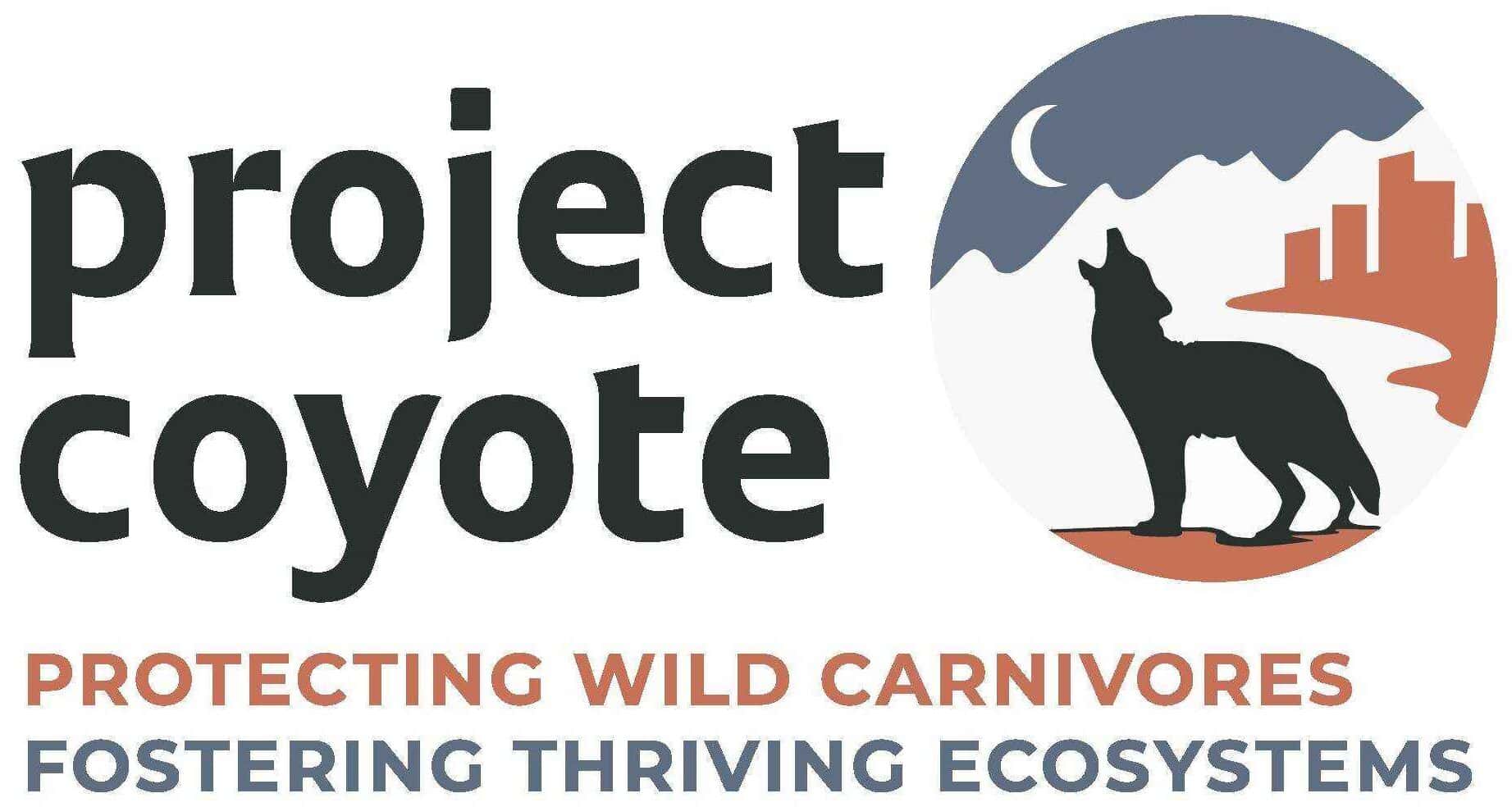For Immediate Release: February 3, 2020
Wildlife Conservation Organizations Sue Mendocino County Challenging Environmental Review of Contract with Federal Wildlife Killing Program
Organizations Press County to Seek Alternatives to Killing Hundreds of Animals Each Year
UKIAH, CA – Two wildlife conservation organizations filed suit today against Mendocino County. The suit challenges the County’s certification of its Final Environmental Impact Report (FEIR) on its wildlife management program. It further seeks to reverse a controversial decision by the Mendocino County Board of Supervisors to renew its contract with USDA Wildlife Services (WS) for killing wildlife in the county.
“We have determined that the County’s FEIR is fundamentally flawed and does not meet the minimum standards of environmental review required by the California Environmental Quality Act (CEQA),” said Attorney Don Lipmanson, who is representing plaintiffs Project Coyote and Mendocino Non-lethal Wildlife Alliance.
“We did not reach this decision lightly, but decided to sue only as a last resort after the Mendocino County Board of Supervisors refused to engage in constructive dialogue regarding its determination to renew its contract with WS and its inhumane and outmoded Integrated Wildlife Damage Management Program, which relies heavily on lethal and indiscriminate tools including cruel strangulation neck snares,” said Camilla Fox, founder and executive director of Project Coyote.
For decades, Mendocino County has contracted with USDA Wildlife Services to kill thousands of wild animals, largely at the behest of ranchers. Between 1997 and 2017, WS trappers killed 181 mountain lions, 261 black bears, 235 gray foxes, 112 bobcats and 4,119 coyotes in Mendocino County alone.
In 2014, a coalition of wildlife advocacy groups, including Project Coyote, sued the County under CEQA for failing to study the environmental impacts of their contract with WS. The plaintiffs argued that killing these wild animals can have devastating environmental impacts, and that non-lethal methods of predator control are more effective and humane. In a settlement agreement, the County agreed to produce an Environmental Impact Report (EIR) to analyze the impacts of their lethal methods, and to consider non-lethal wildlife management alternatives. In the draft EIR, released in June 2019, the County indicates an apparent preference not only for renewing their contract with WS, but also an interest in expanding the use of lethal methods of wildlife control to include neck wringing, cervical dislocation and the use of CO2, all of which can cause extreme pain and suffering. Non-target animals, including companion dogs and cats as well as threatened and endangered species of wildlife, fall victim to WS’s lethal approach to wildlife management. One WS trapper in Mendocino County boasted of killing more than 400 dogs in a ten-year period.
“The best available science shows that killing wild carnivores to reduce predation on livestock is rarely necessary or effective,” said Fox. “In addition, the draft EIR clearly demonstrates that the proposed lethal program could have negative impacts on the regional population of mountain lions — a species that conservation groups have petitioned for listing under the California Endangered Species Act in certain parts of California.”
Throughout the entire EIR process, Mendocino Non-lethal Wildlife Alliance and Project Coyote presented the County with models and methods from other counties in California, Oregon and elsewhere that are not only more humane, but are more effective in protecting human health and property and are more cost-efficient to implement than the WS Integrated Wildlife Damage Managment Program.
“We insist the County address the many deficiencies in the FEIR and make a serious effort to implement a non-lethal, locally operated program aimed at minimizing human-wildlife conflicts in Mendocino County,” said Lipmanson, who served on the Mendocino County Planning Commission for six years. “The County can and must do better than just depending on an outdated and often cruel federal wildlife killing program, whose agents trap and eventually execute many hundreds of native carnivores each year while ignoring the value of wildlife to local residents and to the surrounding environment.”
Read the complaint here.
Read Project Coyote’s comments regarding the Draft EIR here and background information about the issue here.
Learn more about the Marin County Livestock & Wildlife Protection Program here, the Benton County Agriculture and Wildlife Protection Program here and other non-lethal methods for addressing livestock-predator conflicts here.
# # #






